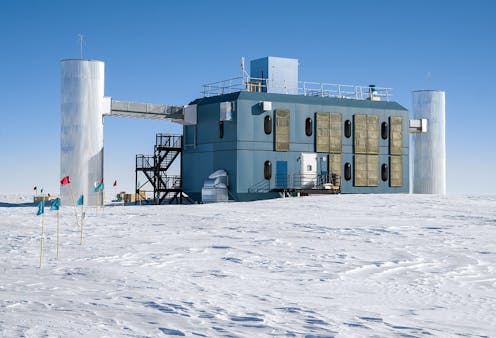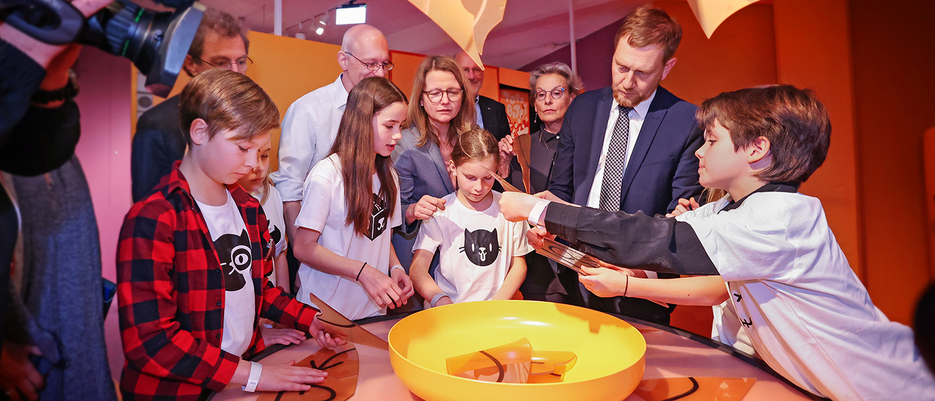The National Tertiary Education Union (NTEU) says that the Australian government should advance with considerable caution in considering any new guidelines on international research collaboration that might give security agencies a power of veto over proposed projects.
“Just like claims of a crisis of free speech on university campuses, the government needs to ensure that it doesn’t panic or over reach in terms of responding to unsupported claims by conservative commentators and think tanks,” said NTEU National President Dr Alison Barnes today.
“The Defence Trade Controls Act 2012 already has extensive guidelines and protocols in place controlling how defence or national security sensitive research is communicated with overseas research partners.”
NTEU was strongly opposed to the recommendations by the Department of Defence which sought to amend the Defence Trade Control Act 2012 to give the government greater powers to prohibit, control or regulate any technology or research whether that be on the Defence and Strategic Goods List (DSGL) or not.
“We were concerned that any attempts to broaden any such power of veto would have a chilling effect on the nature and scope of collaborative research undertaken at our universities. We have similar concerns about the proposals reported in today’s media,” Dr Barnes said.
“The importance of academic freedom is often dismissed in discussions about national security, but NTEU believes that any legislation which has the capacity to constrain research must achieve a balance between Australia’s defence and/or national security concerns, our international treaty obligations and academic freedom.”
“Academic freedom should be one of the formal considerations taken into account in relation to decisions granting, denying or reviewing a collaborative research projects.”







